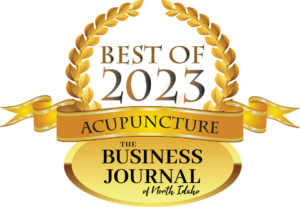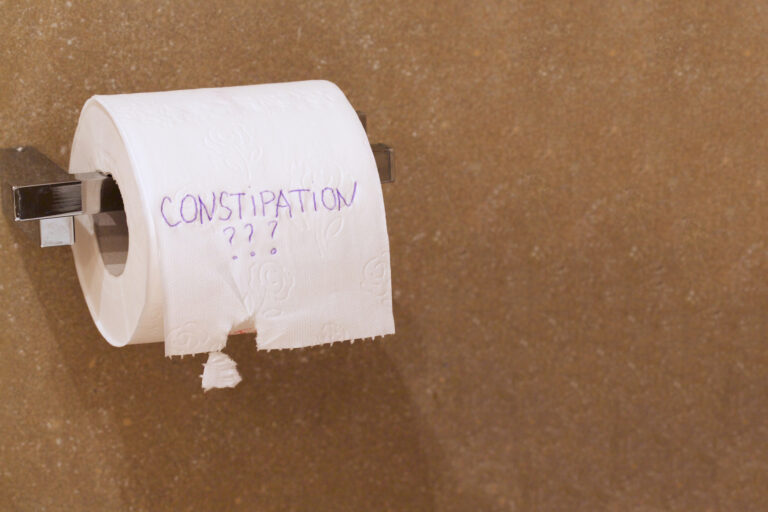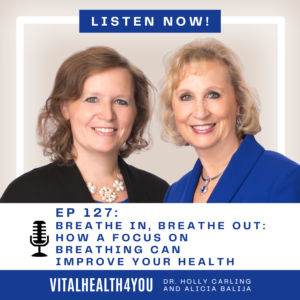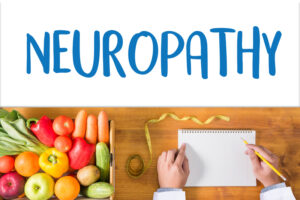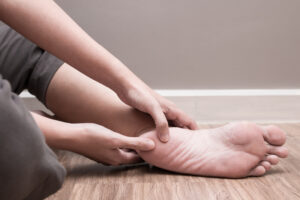There are many definitions of constipation – primarily it is infrequent bowel movements or straining at bowel movements. Common frequency averages 3-21 bowel movements a week. But “common” doesn’t equate to “healthy”. If your digestive system is functioning perfectly and there are no emotional factors, constipation-causing medications or structural issues in the colon, you should be having a bowel movement 30 minutes after every meal. For most people, that means 3 bowel movements a day. They should be soft, like a paste but not sticky, barely formed, brown, and whether they sink or float depends on the contents of your diet.
What they should NOT be is black or tarry, very foul smelling (rotten-like), greasy, red (unless you ate a red food such as beets), pencil thin, white or pale yellow, hard or loose or watery.
What effects the quality and frequency of your stools is the food you eat, primarily, the fats you consume (good fats = good stools), the fiber content (high fiber content = easy to evacuate, leaving hardly a trace behind), water consumption (½ your body weight in ounces/day is ideal), inadequate healthy colon bacteria – “flora” (think pre and pro-biotics), eating too many processed foods (makes the stools sticky), the quantity of digestive enzymes (especially hydrochloric acid and bile), insufficient minerals in the diet (especially calcium, magnesium, potassium and zinc), inadequate food-derived B vitamins (nearly the whole complex), the amount of exercise (more is better – but even gardening and house cleaning count – movement is what is important here), your emotional state (stress, fear of having a bowel movement, shyness in public facilities), whether or not you pay attention to the signals/urges (disregarding urges to defecate because of inopportune circumstances contributes to constipation), and physical impairments (insufficient peristalsis – muscular movement of the intestines to propel the stools out) or disease.
What’s the harm in not having adequate bowel movements anyway? Constipation can predispose you to pretty much all the colorectal disorders there are – hemorrhoids, diverticulitis, inflammatory bowel disease, etc. When you don’t defecate enough, the colon stretches out and can hold 10 or 20 pounds or more of fecal material. This makes the colon muscle less effective at moving the body’s waste products out. It can also irritate and damage the delicate mucosal lining in the gut, harm the anal canal, or inhibit production of vital nutrients such as some essential B vitamins and vitamin K. An unhealthy gut has an abnormal balance of healthy vs. unhealthy bacteria, yeasts and other microorganisms found in the gut and can predispose you to associated infections.
Getting help from constipation is more than just a convenience. It is a very important contribution to your total health and wellbeing. Laxatives are not a good long term solution. Getting acupuncture treatments, natural remedies to support healthy digestion, dietary guidance, gut flora and elimination of toxins should be first on your list of priorities if your goal is to get healthy – no matter what your disease!
©2015 Holly A. Carling, O.M.D., L.Ac., Ph.D.

